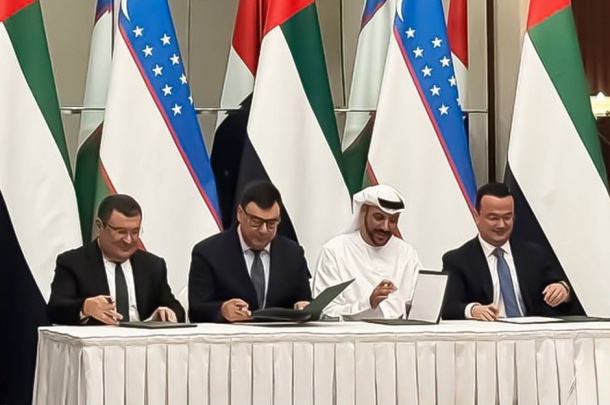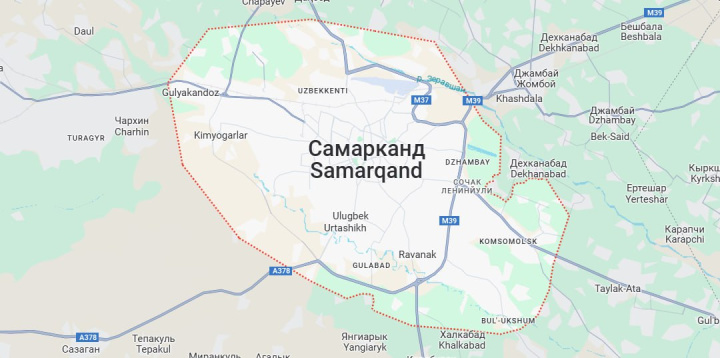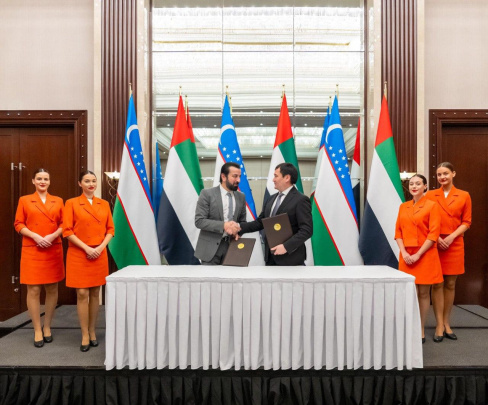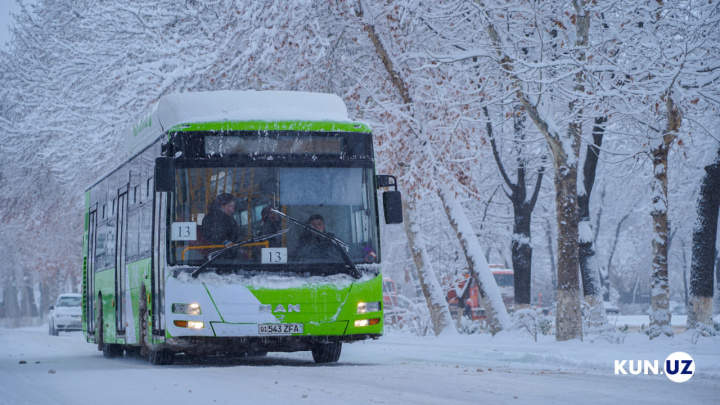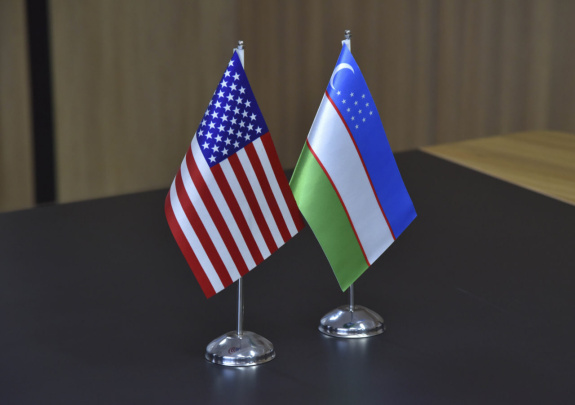Previously, it was reported that Shavkat Mirziyoyev is holding a meeting on the areas of investment, export and international cooperation for 2024.
The President also outlined a number of tasks for the light industry. It was noted that there are untapped opportunities in the food sector to supply the domestic market.
The volume of processed food products in Surkhandarya decreased by 16% over the past year, in Andijan - by 21%, in Jizzakh - by 3%. Pasta production in Karakalpakstan, Khorezm, Navoi and Samarkand regions does not cover half of the region’s needs.
The President set officials and governors the task of establishing the production of 25 types of food in the republic.
Officials should also explore the possibility of producing a number of food products in Uzbekistan in cooperation with foreign brands. The Cabinet of Ministers has been instructed to adopt a program for the development of the food industry in the regions.
Uzcharmsanoat was instructed to establish the production of covers for cars and sports equipment made of artificial leather. It is also planned to launch enterprises for the production of full-cycle leather products in livestock clusters.
In total, it is planned to develop projects worth $2 billion in the leather industry.
Additionally, the President instructed to expand the participation of local enterprises in the maintenance of industrial equipment. He noted the high demand for services in the fields of oil and gas production, hydropower, metallurgy, and chemical industry.
The President also talked about the following:
• qualitative and geographical diversification of exports;
• simplification of the visa regime for cargo carriers abroad;
• dismissal of the deputy head of the MIPT and director of the Agency for Technical Regulation;
• creation of a Trade Development Company on the basis of the Export Promotion Agency;
• criticism of the low activity of officials in attracting investments;
• checking the import of equipment at inflated prices by the Prosecutor General's Office;
• transfer of territories in industrial zones under the management of foreign companies;
• public discussion of projects with the participation of international financial institutions;
• assigning control over the export of fruits and vegetables to the Customs Committee.


